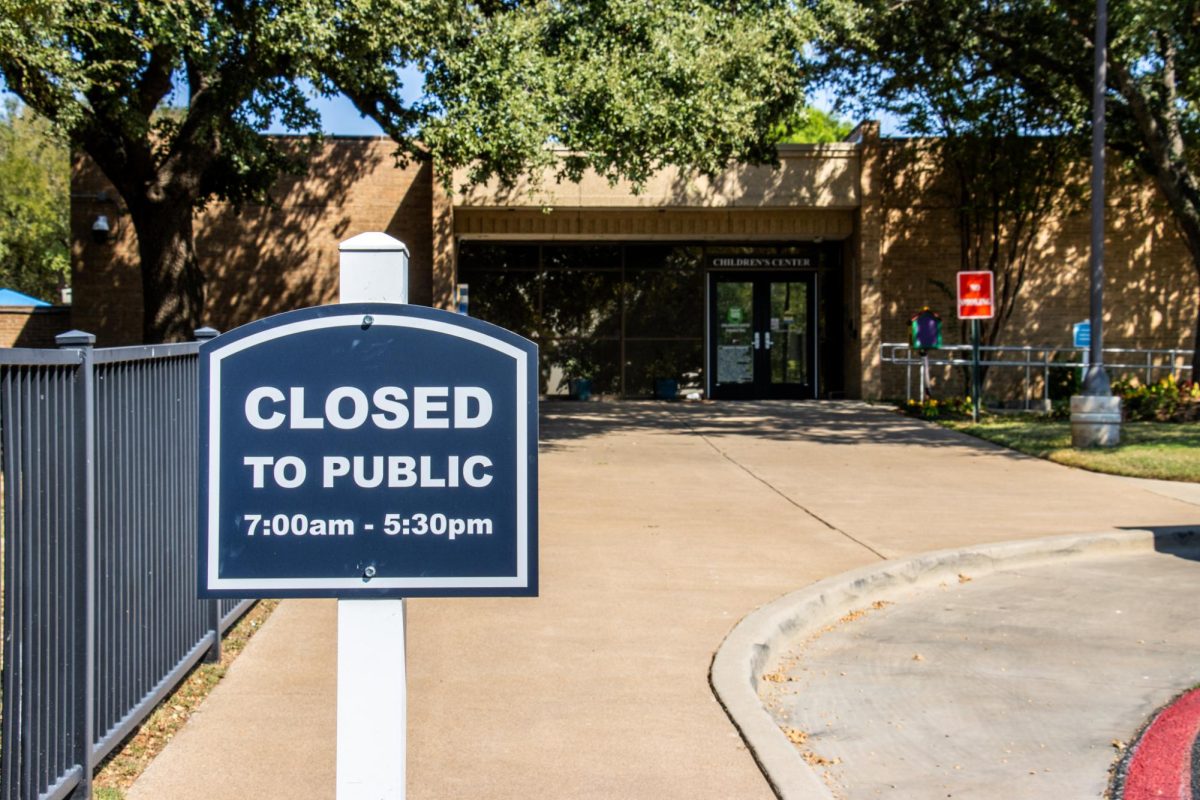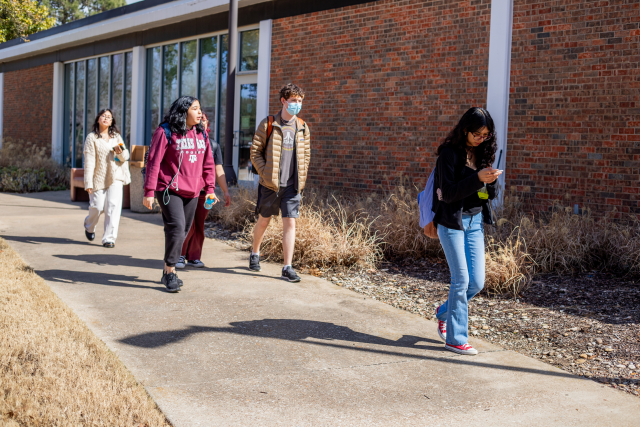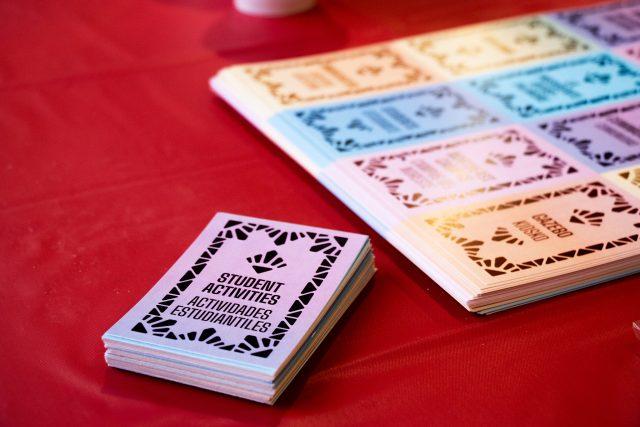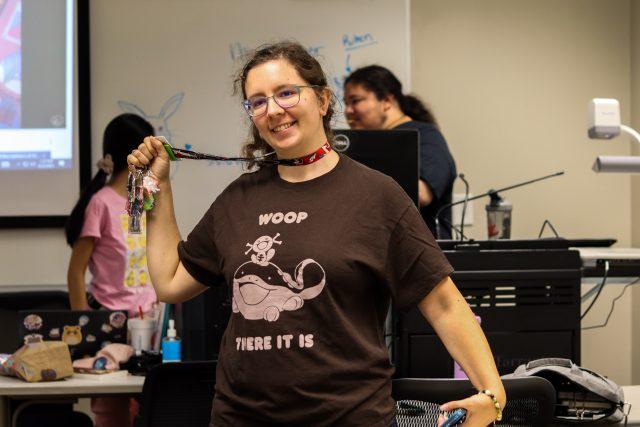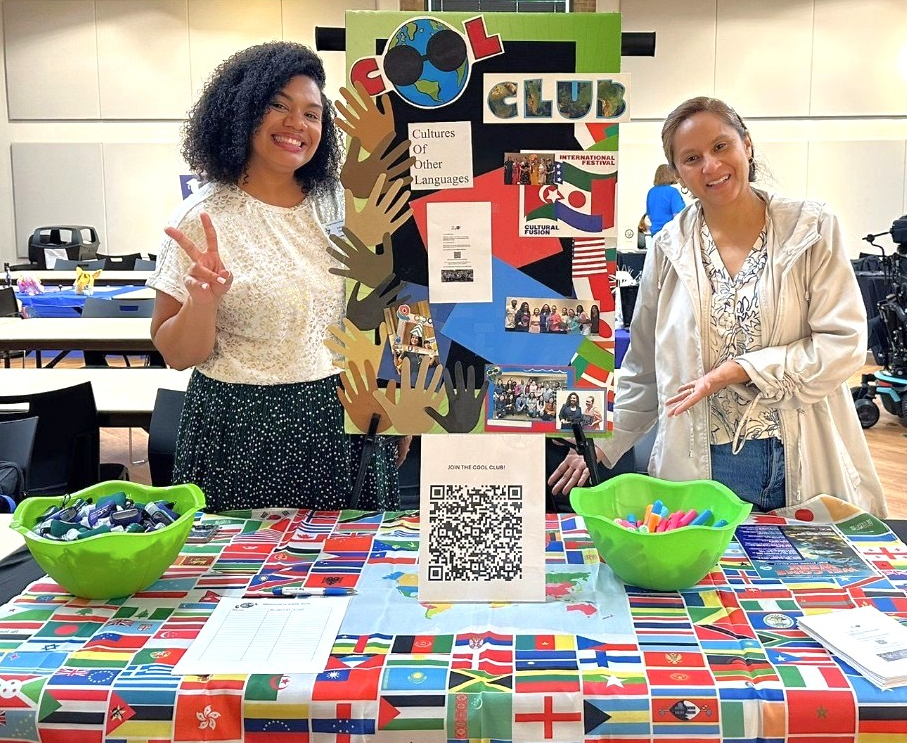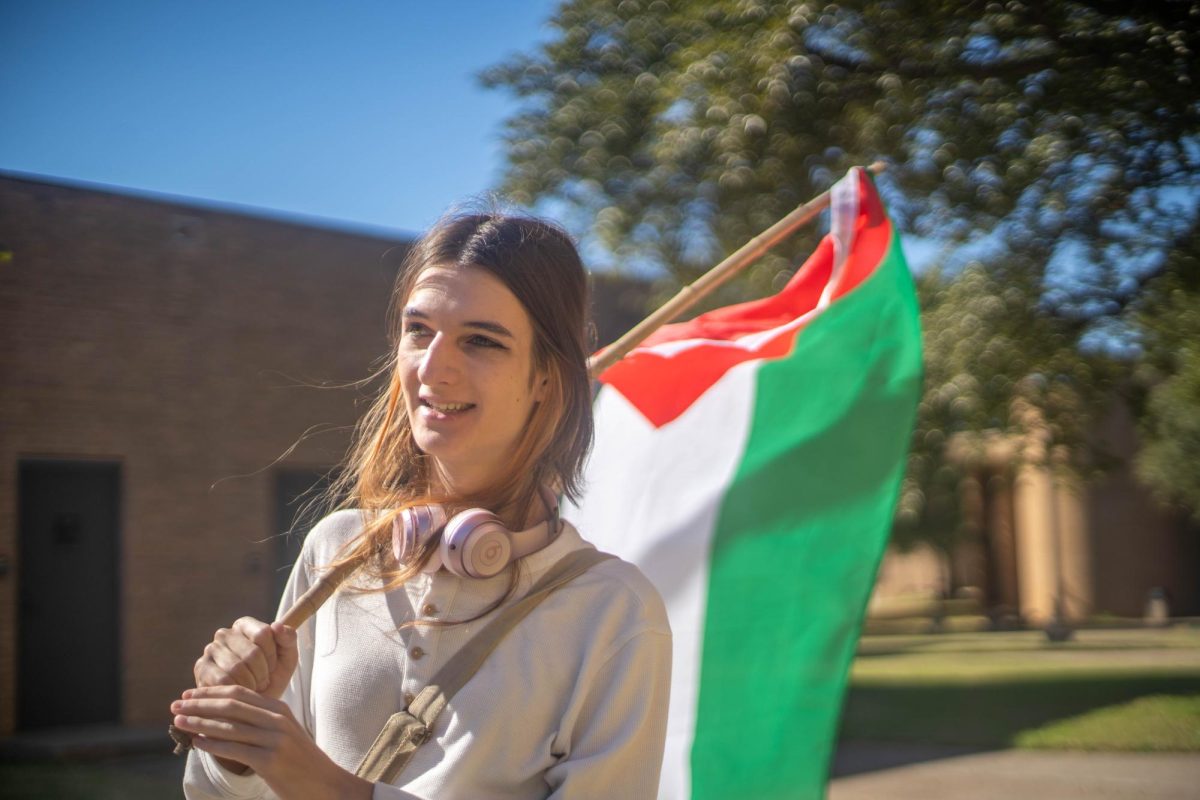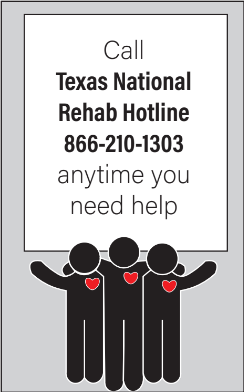NINA BANKS
managing editor
nina.banks@tccd.edu
Social media has been the medium for many to inspire change. In recent years, however, it seems that its impact has negatively affected the youngest generation.
Many content creators on platforms such as YouTube or TikTok have had allegations made against them of child grooming and inappropriate conduct with minors.
Most recently was YouTuber Colleen Ballinger. Ballinger created an online personality called Miranda Sings, where she donned overdrawn red lips red sweatpants and her iconic off-key voice. NE student Jeremiah Lewis Jr. used to watch her content.
“I used to watch her videos when I was really little,” Lewis Jr. said. “I just never got it. I would watch it, but I just never got it, so I stopped watching her.”
On June 28, Ballinger released a YouTube video where she played the ukulele and sang about the allegations made against her claiming they were “toxic gossip.” NE student Eddie Jimenez was aware of the video.
“I mean I thought it was terrible,” Jimenez said. “Especially, I started seeing things about her shows she would do and there were kids there so yeah it’s terrible.”
For Jimenez, this situation is not the first time he has witnessed an influencer accused of an inappropriate relationship with underage fans.
“It was part of this group I used to watch, I think Mini Ladd,” Jimenez said. “He used Snapchat so it was one on one so it was even worse.”
Jimenez believes these relationships have become even more prominent in recent years.
“I would say it’s more because they’re idolized,” Jimenez said. “The young ones don’t care if they are old enough. All they see is an idol, and they want to go after it.”
Lewis Jr. has noticed an uptick of online spaces dominated by children being infiltrated with groomers.
“It’s getting to the point where it’s kind of terrible because games like Roblox were kid friendly, you can find creeps on there,” Lewis Jr. said. “Even if you go Instagram or Snapchat, its going to be a lot of creeps in there. It’s kinda unsafe out for kids nowadays. I think they shouldn’t really be online.”
NE student Natnael Tesfazion fears for his nieces’ and nephews’ safety online.
“There is just a lot of people who can contact you all that stuff and then what they try to promote,” Tesfazion said. “Because kids now will be saying foul, vulgar language and they don’t know the meaning behind it, and they’ll hear it from their YouTuber that says that or the internet. That’s why I try to keep them off it a little because they’ll be saying stuff they don’t know what it means.”
Lewis Jr. understands the toll that being online has had as a child and hoped to correct the mistakes he made when he was a child with the future generation.
“Back in the day, I would get all my opinions from YouTube,” Lewis Jr. said. “I would get their opinion and just the word of God. Hearing all their beliefs and opinions as true and ride behind people I don’t know which is crazy. As I’ve matured and grown, I know to get my own opinion about things different type of aspects of each thing and be open minded.”























